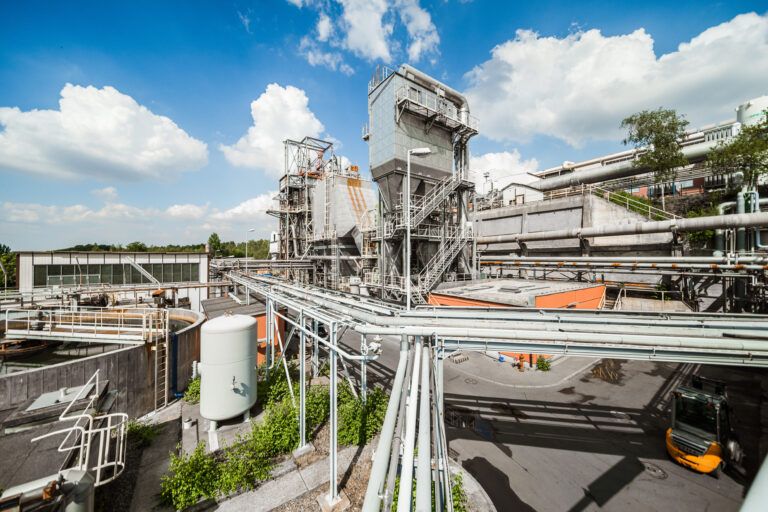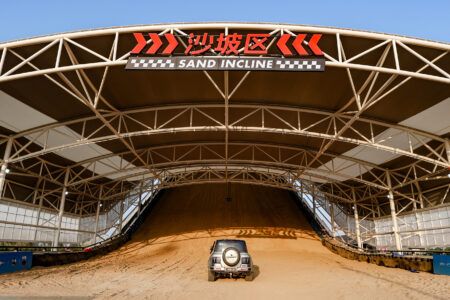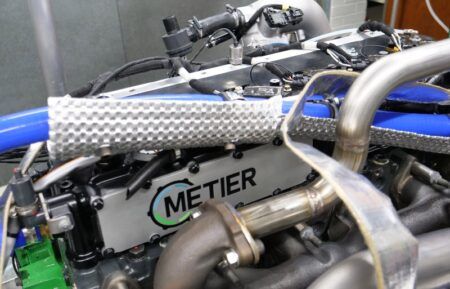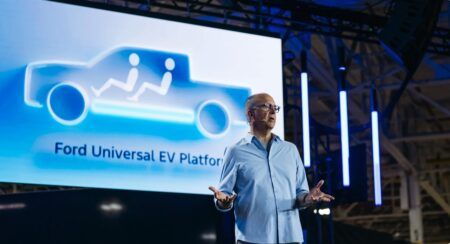Battery recycling company Ecobat has agreed to sell its German and Austrian operations to energy storage firm Clarios in a transaction highlighting the industry’s shift toward EV battery recycling as the market prepares for explosive growth.
The Dallas-based company announced the binding agreement covers facilities in Freiberg and Braubach, Germany, plus Arnoldstein, Austria, with completion expected by early 2026 pending regulatory approvals. The plants focus on lead-acid battery recycling rather than lithium-ion batteries used in electric vehicles.
“Upon completion, this transaction – along with the previously announced divestitures of France, Italy, and Battery Distribution – will enable Ecobat to concentrate its efforts on core recycling operations, as well as our global lithium-ion battery business,” said Tom Slabe, President and CEO of Ecobat.
The deal reflects broader industry positioning as EV battery recycling prepares for unprecedented expansion. The EV battery recycling market was valued at $4.81 billion in 2024 and is predicted to surpass $73.18 billion by 2034, representing a compound annual growth rate of 31.30%. Analysts project around 2 million metric tons of lithium-ion battery waste will be generated globally by 2025, driven by rapid electric vehicle adoption.
Ecobat has invested heavily in lithium-ion battery recycling facilities, including new plants in Hettstedt, Germany, Casa Grande, Arizona, and Darlaston, England. The company’s strategic pivot comes as more than 13 per cent of new cars sold in 2023 were electric, creating high demand for lithium-ion batteries globally.
For Clarios, which owns the Varta automotive battery brand, the acquisition expands its European recycling capabilities as regulations tighten. The European Union has set targets aimed at recycling at least 50% of lithium-ion batteries by 2025 as part of its broader sustainability initiatives.
The facilities primarily process lead-acid batteries, which currently dominate the broader battery recycling market with more than 84% revenue share in 2023. However, industry focus is rapidly shifting toward lithium-ion batteries as EV adoption accelerates.
Major automakers are establishing closed-loop recycling systems to secure material supplies. Tesla has partnered with Redwood Materials to recover lithium, nickel and cobalt, while General Motors collaborates with Li-Cycle for battery material recycling. BMW recently launched a partnership to recycle high-voltage batteries across Europe.
“Clarios’ expertise and strategic vision offer a strong foundation for the continued success of these operations in Germany and Austria,” Slabe said, expressing confidence the company will “foster and enhance the valued relationships we have built with our employees, customers, and suppliers across Europe.”
The transaction involves facilities that recover lead and various plastics from conventional lead-acid starter batteries. Rothschild & Co is serving as financial advisor to Ecobat, with White & Case providing legal counsel. The deal underscores how traditional battery recyclers are repositioning operations to capitalize on the ongoing EV revolution.





